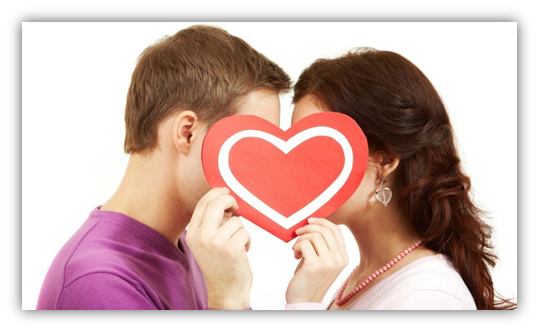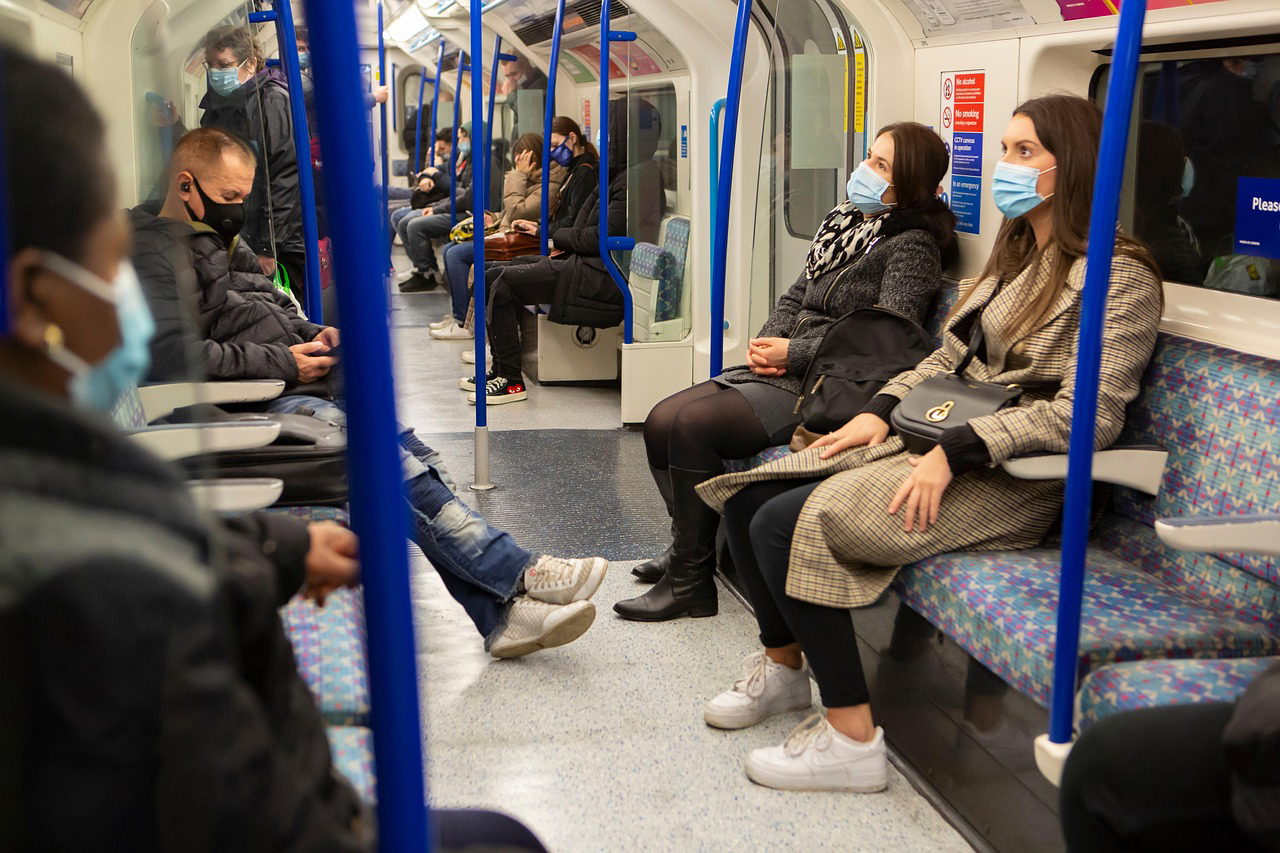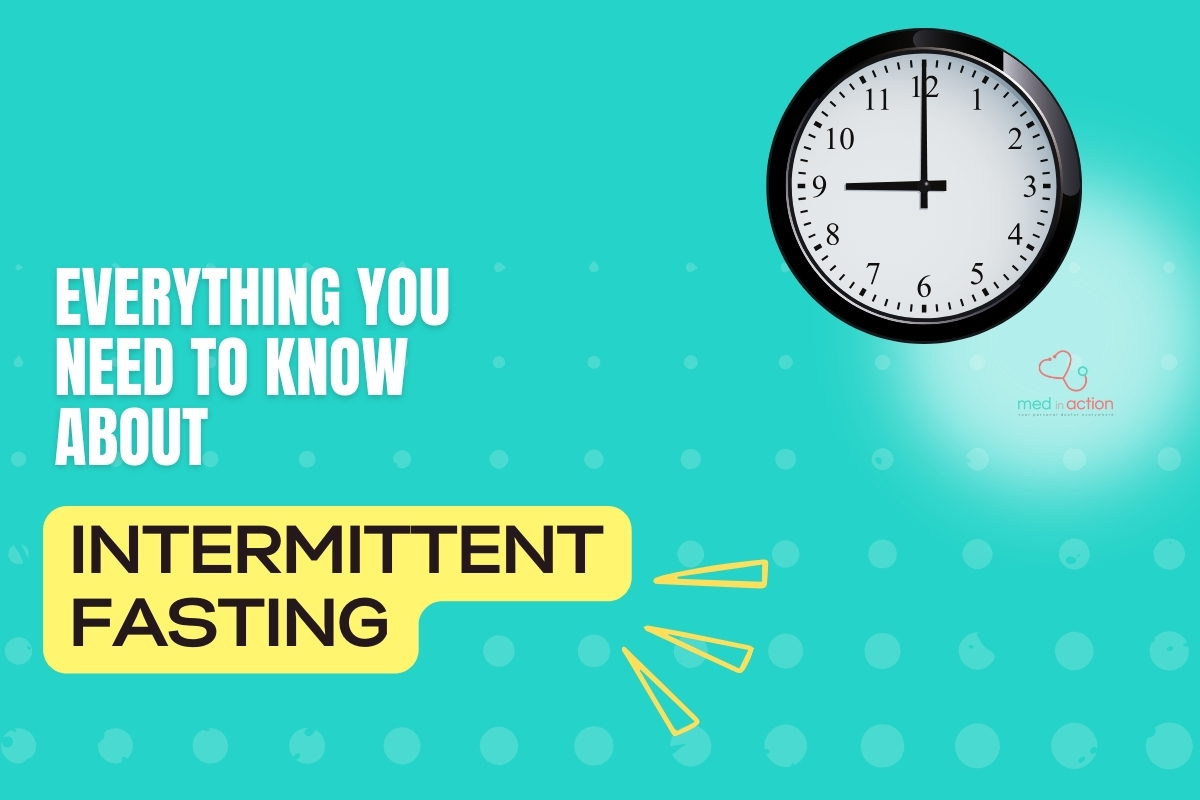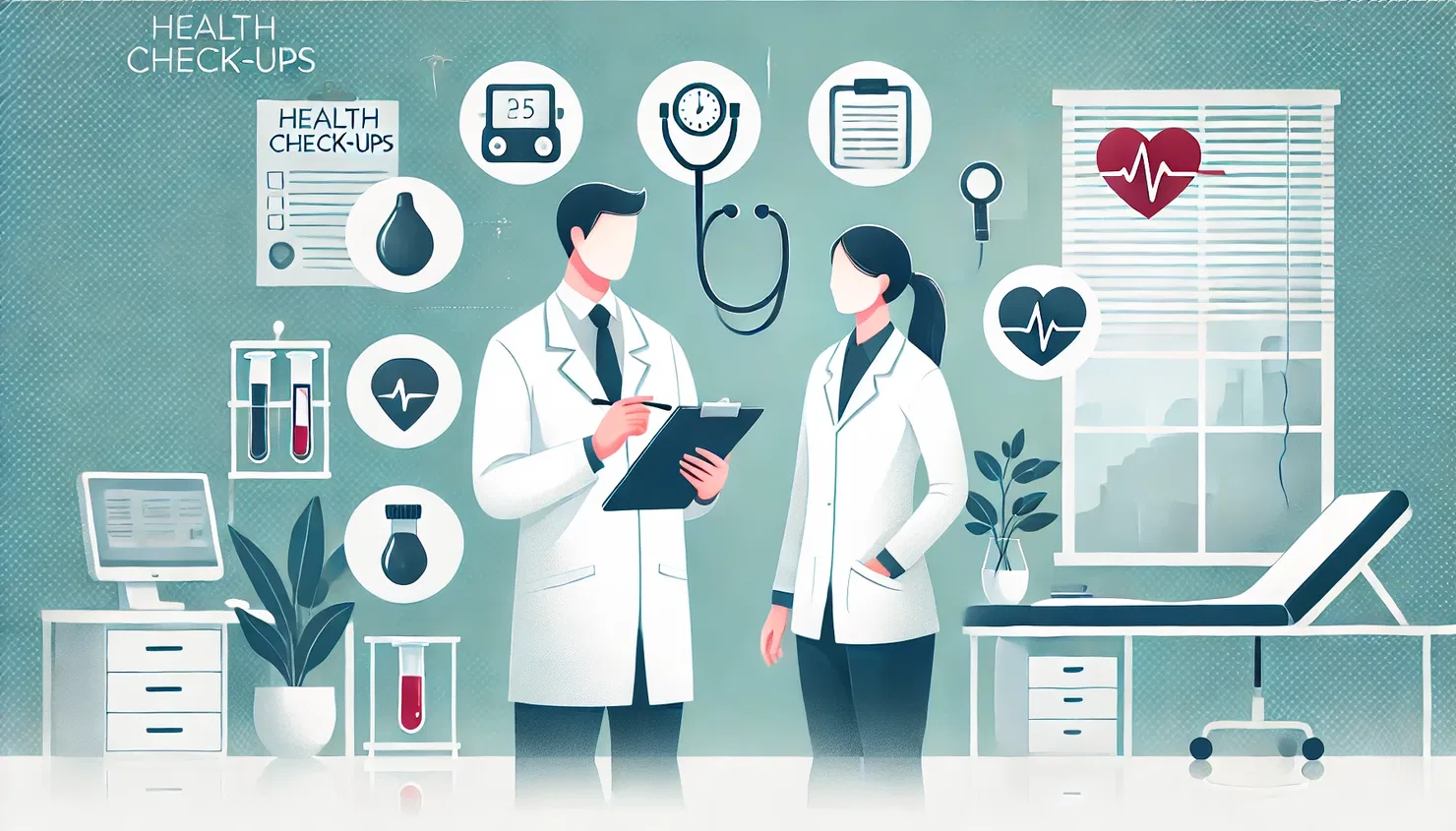Many know this disease as the kissing disease because it can be transmitted through kissing/saliva, sneezing/coughing, sharing glasses/utensils with someone who has mono. Although mono is contagious you are less likely to catch mono than compared to other illnesses such as a common cold and adolescents and young adults are the most susceptible to getting mononucleosis.
What Causes Mononucleosis?
Epstein-Barr Virus (EBV) is the most common cause of mononucleosis, however other viruses can cause similar symptoms. Many people have already been exposed to the virus when they were young and have built up antibodies and are immune.
Signs/Symptoms of Mono:
- Fatigue
- Sore throat (may have been misdiagnosed as strep throat, and does not get better with antibiotics)
- Fever
- Headache
- Swollen lymph nodes in neck and armpits
- Swollen tonsils
- Skin rash
- Muscle aches
- Soft swollen spleen
Possible complications:
In extreme cases
- Enlarged spleen may rupture and require surgery
- Hepatitis
- Jaundice
- Anemia
- Thrombocytopenia
- Heart problems
How to diagnose mono?
- Physical exam: a doctor will look for signs such as swollen lymph nodes, tonsils, liver or spleen and correlate them with the symptoms you describe
- Blood tests:
- Antibody test: looks for antibodies of the Epstein-Barr Virus
- White blood cell count looks for an elevated number or abnormal looking lymphocytes
How to treat mono?
There is no specific treatment available for mono since antibiotics do not work in treating viral infections. The best thing to do is make sure to keep yourself healthy by getting enough rest, eating a healthy and balanced diet, and drinking enough fluids. Most cases of mono will resolve in a few weeks but if full activity is resumed too soon your body may take more than a month to fully recover.
[su_divider top=”no” divider_color=”#f97575″ size=”1″]Ask for an advice from an expert. Insert your data, you will be contacted shortly!
[wpforms id=”14577″ title=”false” description=”false”]



